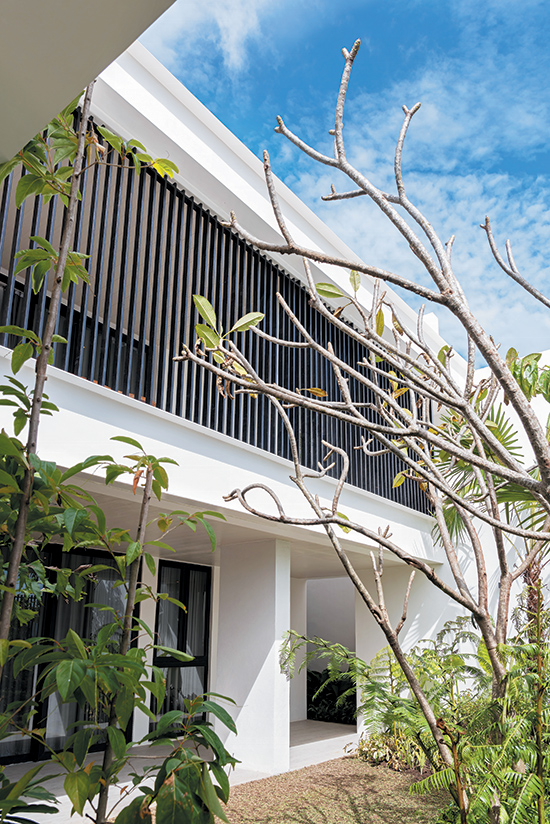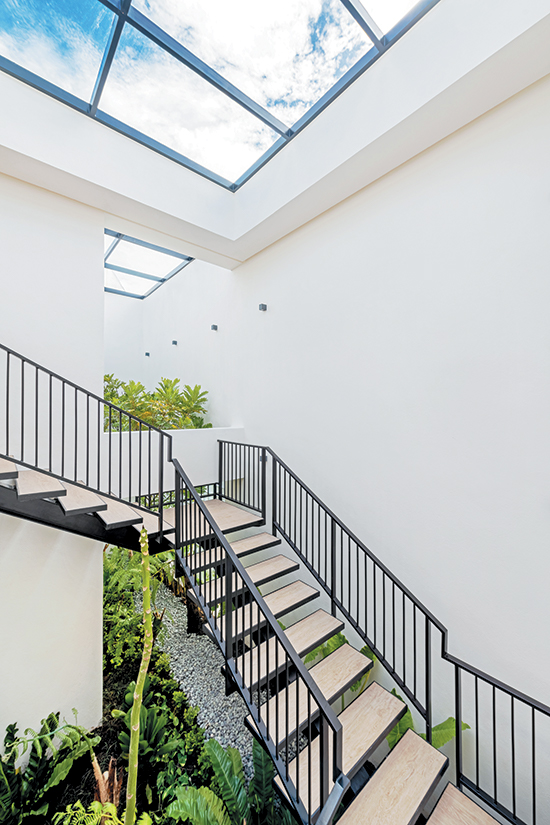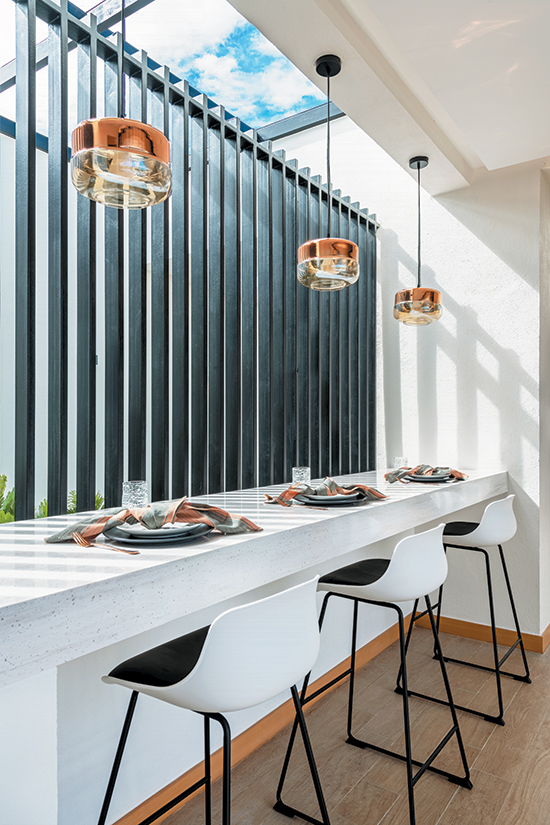On July 14, the Bangko Sentral Pilipinas (BSP) announced a steep 75-basis-points rate hike to combat inflationary pressures, bringing the overnight cash rate up to 3.25 percent.
This move by the BSP was well warranted as we are currently experiencing a year-to-date inflation of 4.4 percent as of end-June and since the Federal Reserve raised its benchmark rate by the same amount last month, the peso has been declining against the dollar.
During these risk-off cycles, there’s bound to be some angst and confusion as to what investors should be doing. Of course, we pay attention because the world economy is interconnected and the United States dollar is the biggest game in town.

The US Fed has signaled it would continue raising interest rates until demand is destroyed and inflation comes down to its target of two percent.
Astute investors know that even in the worst-case doom and gloom scenarios of a recession or a black swan event, the result would lead to a reversion and pivot back to lowering rates and money printing.
Advice for the weary
The result is that asset prices will continue to go up again and that’s the real reason why trying to time bottoms always proves more difficult in practice than in theory.
My advice for the weary is that instead of focusing solely on what’s going on in the outside world, we should instead look within.

Real estate can’t be traded like stocks, so if you don’t see yourself living in your home for 10 or 20 years, it will be more stressful to weather the downturns. The reality is, over that type of time frame demographics, infrastructure planning and of course, supply/demand dynamics will be the biggest drivers of the long-term performance of Philippine real estate as an asset class.
At VCDC, we haven’t seen a slowdown in the upper middle-class segment to date and this is not surprising given the fact that our country is entering into the crescendo of a proverbial baby boom.

More Filipinos earning and spending more money than ever is the recipe for long term, stable growth for years. Let’s also not forget that our newly-elected government will continue to invest in transportation infrastructure, unlocking value in new locales for investors with foresight.
In the 10 years prior to the pandemic, the overseas Filipino workers (OFWs), business process outsourcing (BPO) companies and Philippine offshore gaming operators (POGOs) had the condo market in Manila ripping in a perpetual boom.
Until the foreigners come back en masse, we see the suburban areas continuing to see better relative price performance because that’s where a lot of Filipinos want to live.

Condo rental rates in the central business districts are still largely lower than pre-pandemic levels, which implies that there is still a relative oversupply of condominium developments. We believe this preference will continue to be in suburban areas, as long as the infrastructure development continues.
Silver lining
Not many are talking about it, but there’s also a silver lining in the inflation story that we see emerging in the coming months. Since June, oil prices have currently backed down to $94 per barrel, down over 20 percent while natural gas prices are down over 25 percent. Steel prices have declined 35 percent from the peak and copper is at its lowest price in 20 months. Energy has an effect over almost every consumer good so this price relief will propagate through the economy and is likely to make the coming inflation numbers better.
This would give the central banks the cover to slow or pause the rate increases, increase the probability of a soft landing, and achieve long term price stability.
Although the times may seem trying, the winning formula hasn’t changed.
Avoid mass market, cookie-cutter condominiums, and purchase land that still has room to appreciate–those that are strategically located along newly-constructed major arteries.
In a rising rate environment, look for flexible, zero-interest builder payment terms that give you flexibility to lock in that lower bank financing when the time is right. Lastly, make sure you are purchasing a quality home that can grow to meet your family’s needs.
These are some of the ways you’ll be able to weather these periods of uncertainty and see the real benefit passed on to the next generation.
